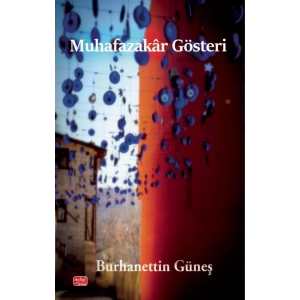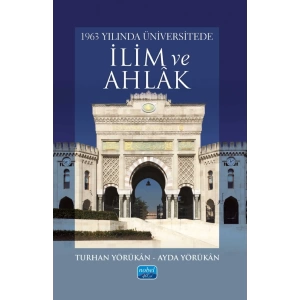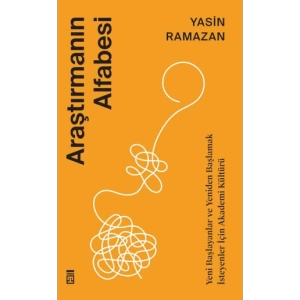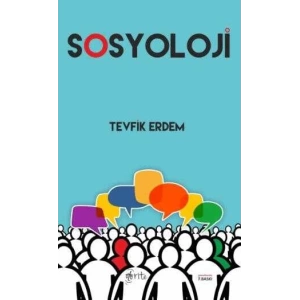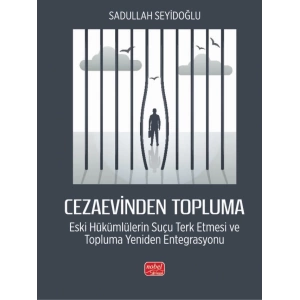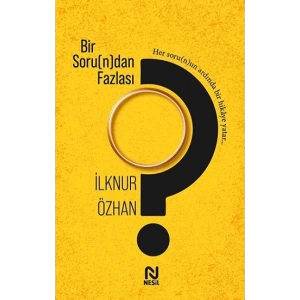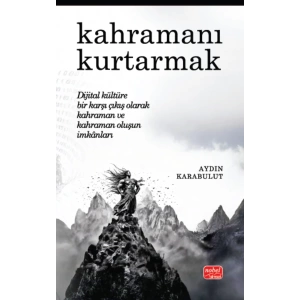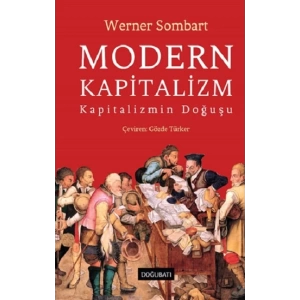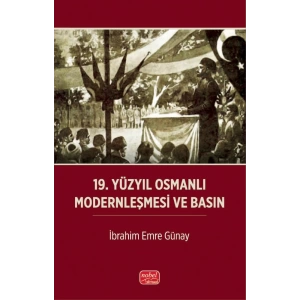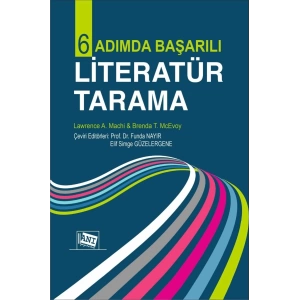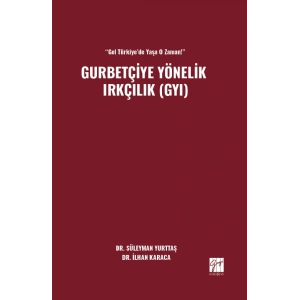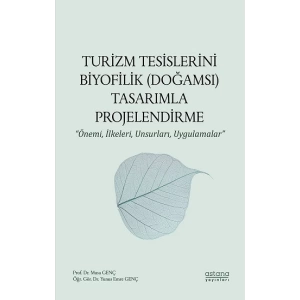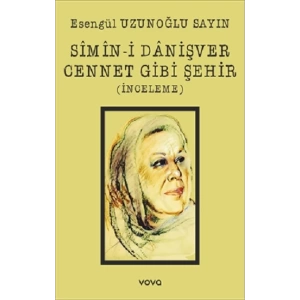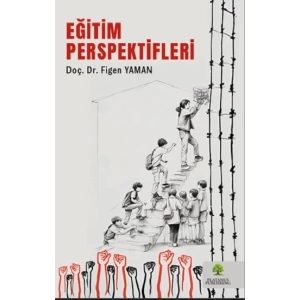Why are some religious minorities seen as an existential threat and securitized by their state, while others turn out to be patriotic and loyal to their state? Why do states vary in their capability of incorporating Muslim minorities into national political community? This book examines how and why the dynamics of religious difference and national identity shape state policies toward the accommodation of minorities in secular, Christian-majority countries with large Muslim populations such as France and Russia. It addresses these questions by drawing on the unintended consequences of nation- and state-building, collective memories of solidarity and violence, and globalization.
Definition of a thick national identity based on a nation-state model, collective memories of violence and racialization of Muslims, and the diffusing effects of global Islam produced a way of thinking that Islam is not compatible with the French way of living. Conversely, definition of a thin national identity based on an empire-state building model, collective memories of violence and solidarity accompanied by the recognition of Muslims, and the diffusing effects of global Islam produced a relatively more positive way of thinking that Islam is part of the Russian national political community.




